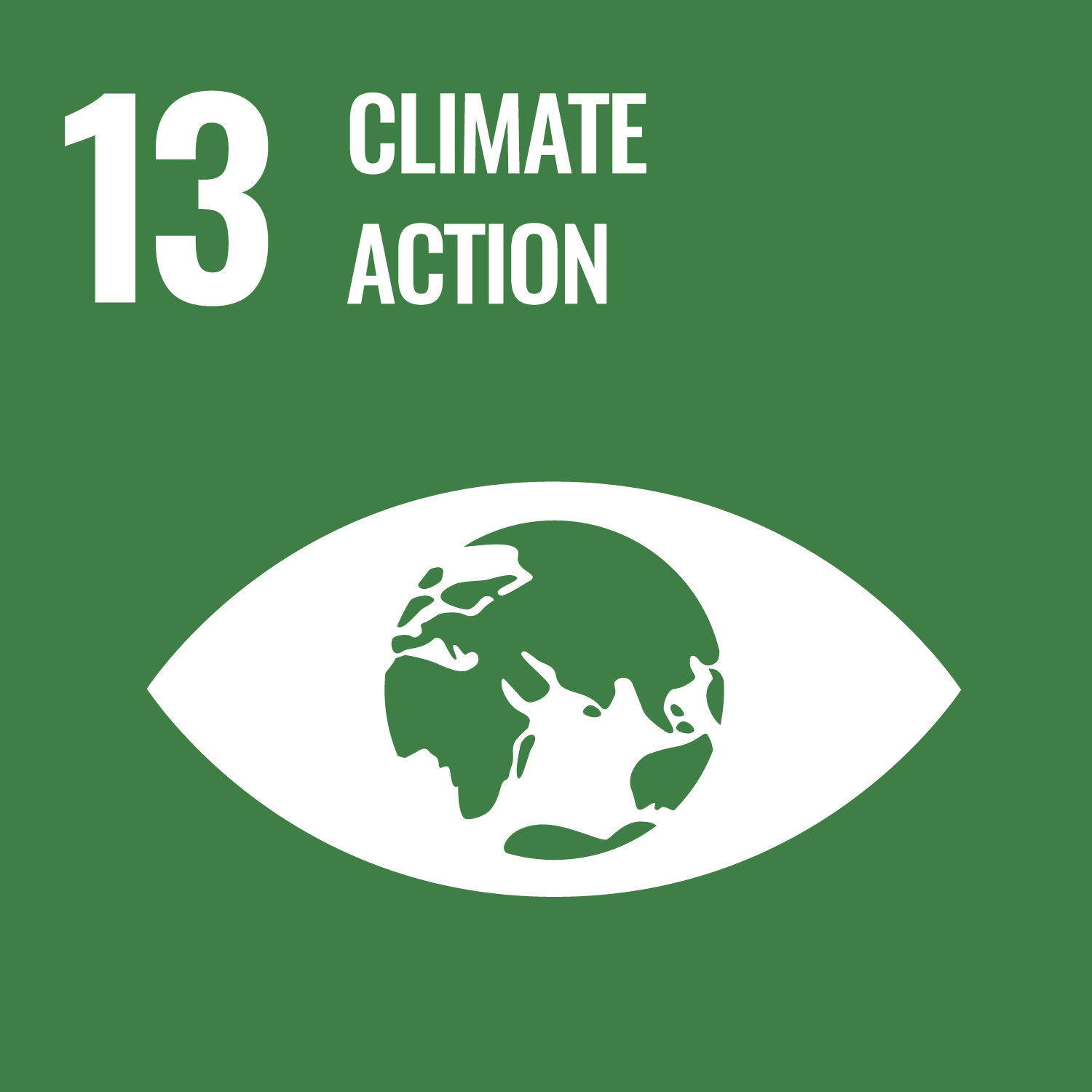Scaling up of electrified transport ecosystem in Kakinada, India
Aligned SDGs


- Scaling up of electrified transport ecosystem in Kakinada, India
- General overview
- Intervention
- Location
- Last data update
- Spreadsheet of data
- Scaling up of electrified transport ecosystem in Kakinada, India
- General overview
- Intervention
- Location
- Last data update
- Spreadsheet of data
General overview
Stage of development: Final negotiations
Policy sectors: Environment and climate change
Type of instrument: Technical Assistance and Market-building program (Must involve dedicated grant resources)
Delivery locations: India
Country classification: Lower-middle-income
Intervention
Social or environmental challenge
The project aims to tackle a range of urgent issues:
Increasing Urbanization and Vehicle Numbers: Kakinada's urbanization is evident in its 7.45 lakh registered vehicles (2018) growing at 9.1% annually.
Polluting Diesel and Petrol Autos: Lack of clean and efficient public transport, with around 3000 conventional autos in the city and 2500 plying in the surrounding areas, reliance on polluting fuel remains a pressing concern.
Limited Income Opportunities for Women: In this tier-3 city, female workers' limited income (20-30% less than men) restricts their financial growth.
Gender Inequality and Inequities: Gender-based barriers hamper women's engagement in sectors, evident from low rural female labour participation in the city.
Limited Financial Access: Auto drivers face challenges to provide downpayment owing to lack of credit history. Our project focuses on enabling financing for retrofits.
Description of the intervention
Building upon our prior work in 2021 and 2022 and learnings gained, our project aims to advance the groundwork for introducing electric mobility in Kakinada district of Andhra Pradesh.
This project will concentrate on the following key areas:
a) Enabling retrofitment of E3Ws: Scaling our retrofit pilot, a comprehensive plan to retrofit all old diesel autos in the district will be created. Co-funding options for retrofitting will be identified.
b) Municipal Fleet Electrification & micro-mobility: We will prepare Detailed Project Report and provide bid advisory guidance for electrification of municipal cargo fleet. Micro-mobility implementation plan will be prepared and a public-private partnership with technology providers and Kakinada Smart City Corporation Limited (KSCCL) will be initiated.
c) Building Vahanam 2.0 version: Existing E-Vahanam Electric Vehicle (EV) portal will be upgraded to incorporate an urban mobility calculator and dashboard to help KSSCL to make informed business decisions on planning, siting and implementing charging stations.
d) Women's Cooperative for Entrepreneurship: A women's cooperative will be established to foster income-generation avenues and facilitate early-stage funding for women entrepreneurs (E3W drivers).
This effort aims to facilitate Kakinada's transition from conventional transportation to a sustainable transport ecosystem.
Location
Country:
- India
Locality:
- India
Last data update
Data for this pipeline project was last updated in August 2023
You might have noticed that some pipeline projects have more data than others. This is because organisations can share as much data as they want with the INDIGO initiative. If you have more data on one of these pipeline projects and would like to share with us, please get in touch at indigo@bsg.ox.ac.uk. Our full list of variables and data definitions can be found here.
Spreadsheet of data
Important Notice and Disclaimer on INDIGO Data
INDIGO data are shared for research and policy analysis purposes. INDIGO data can be used to support a range of insights, for example, to understand the social outcomes that projects aim to improve, the network of organisations across projects, trends, scales, timelines and summary information. The collaborative system by which we collect, process, and share data is designed to advance data-sharing norms, harmonise data definitions and improve data use. These data are NOT shared for auditing, investment, or legal purposes. Please independently verify any data that you might use in decision making. We provide no guarantees or assurances as to the quality of these data. Data may be inaccurate, incomplete, inconsistent, and/or not current for various reasons: INDIGO is a collaborative and iterative initiative that mostly relies on projects all over the world volunteering to share their data. We have a system for processing information and try to attribute data to named sources, but we do not audit, cross-check, or verify all information provided to us. It takes time and resources to share data, which may not have been included in a project’s budget. Many of the projects are ongoing and timely updates may not be available. Different people may have different interpretations of data items and definitions. Even when data are high quality, interpretation or generalisation to different contexts may not be possible and/or requires additional information and/or expertise. Help us improve our data quality: email us at indigo@bsg.ox.ac.uk if you have data on new projects, changes or performance updates on current projects, clarifications or corrections on our data, and/or confidentiality or sensitivity notices. Please also give input via the INDIGO Data Definitions Improvement Tool and INDIGO Feedback Questionnaire.